"The only way out is the restoration of All Russia"
Caliber.Az's interview with Anatoly Wasserman
INTERVIEWS 27 April 2022 - 15:54
| Matanat Nasibova Caliber.Az |
Caliber.Az presents an interview with Anatoly Wassermann, Russian politician and statesman, a State Duma deputy from the "Fair Russia - For the Truth" parliamentary faction.
- Anatoly Alexandrovich, let us start our conversation with a discussion of the Armenian-Azerbaijani agenda. You have repeatedly admitted that you take a biased position, as you adhere to a pro-Armenian line. Nevertheless, do you have an objective explanation of why Armenia is delaying the process of normalization of relations with Azerbaijan in the current post-war period?
- I do not think the conflict is over. On the contrary, I think it is serious and lasting. Almost all the regions with a mixed population can only become more or less calm after a very long time, following the outbreak of a conflict. In this case, I'm afraid that calm is still a long way off. So, I believe that Armenia is absolutely certain that the conflict is still serious and lasting. I am afraid this problem will last for a long term.
Certainly, there is some progress, and this is quite obvious, but I have no clue how long it will last.
- You understand that Armenia, as the defeated side, does not want to accept the new realities. So where is the way out?
- I am afraid that almost the only way out is the restoration of All Russia. That is, it was called the Union of Soviet Socialist Republics, when I was young. No matter how you look at it, as long as the two republics are equal and there is no arbiter to judge them, any arguments and decisions by one side will run into exactly the same arguments and decisions by the other.
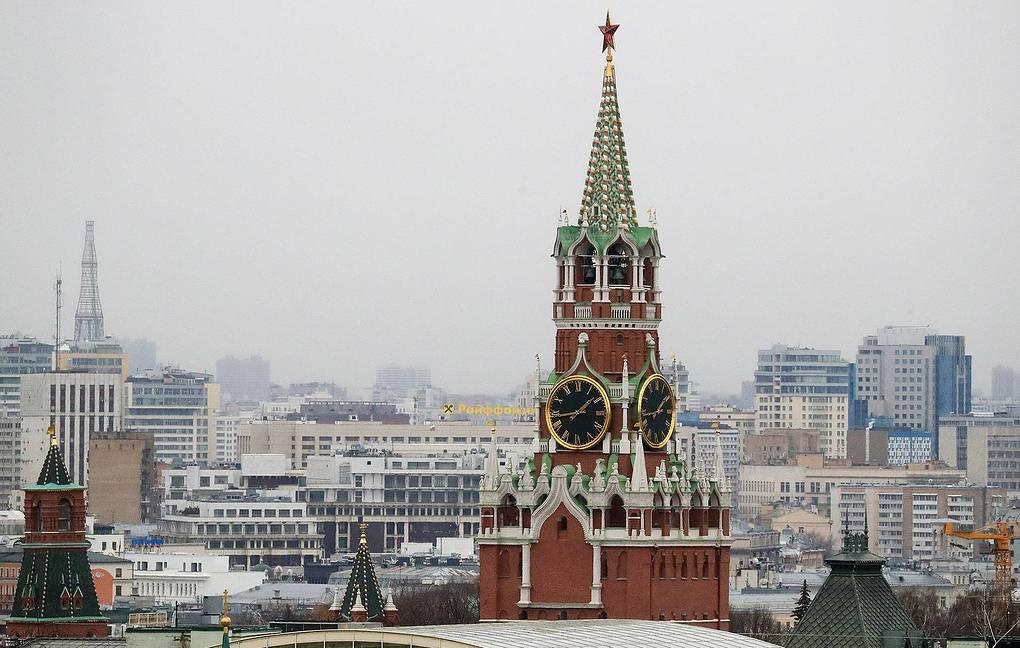
- Russia has actually been an arbiter in this conflict for many years. Moscow also recognized the territorial integrity of Azerbaijan, as we heard this from the very lips of Putin. In addition, the trilateral statement was signed in November 2020 at the initiative of Moscow. How would you comment on it?
- The Russian Federation has no reason to prefer one side to another. When both sides offer their arguments, it is difficult for the Russian Federation to evaluate them precisely, as it does not have any reason to focus on one of the sides. To be exact, it is likely that all sides of a conflict will simply lose the need to continue it, when (as I consider such a solution sooner or later inevitable) it would be possible to restore the unity of our country, which has been formed for several centuries, within this unified country.
- Are you suggesting that the post-Soviet states should give up their national sovereignty?
- Did the sovereignty help these countries?
- At least the countries gained their independence.
- I repeat my question: did it help?
- We are talking about a conflict, on the settlement of which 26 years of useless negotiations were wasted, as a result of which Azerbaijan alone solved it.
-This is not about negotiations. In general, did the situation in any republic of the former Soviet Union improve after gaining sovereignty? As far as I can judge, in all the republics - both recognized and unrecognized - the standard of living has markedly fallen below the level of the world average. Of course, the standard of living was rising thanks to general scientific and technological progress. It was growing all over the world, but it has sharply fallen below the world average in all post-Soviet countries since then.
By the way, this applies not only to Russia, which was called as the Union of Soviet Socialist Republics for a long time, but also to all member countries of the Warsaw Treaty Organization (WTO). That is, even in Poland, even in Romania, even in the German Democratic Republic (“GDR” or “DDR”), which is now the eastern part of Germany, the standard of living has fallen below the world average. There are many reasons for this. But as far as I can analyze these reasons, one of the most important is gaining sovereignty at the cost of destroying the common economic system, which had disastrous consequences. During the existence of the Warsaw Treaty, its members had much more sovereignty in decision-making than they do now. The Warsaw Treaty was not as rigid as the North Atlantic Treaty (NATO), and now, these countries are members of it. Therefore, it appears that there is less sovereignty in these countries.
It should be noted that now the lion's share of the economic and political decisions were taken in both Azerbaijan and Armenia because of the conflict, which began in the very process of gaining sovereignty. It may seem paradoxical, but it is true.
- So, the mediation efforts, including those of Russia, will not yield results, and the sides will not come to a peace agreement?
- Right. I am afraid that there will be no peace agreement. In Armenia, the number of people willing to accept defeat is very few.
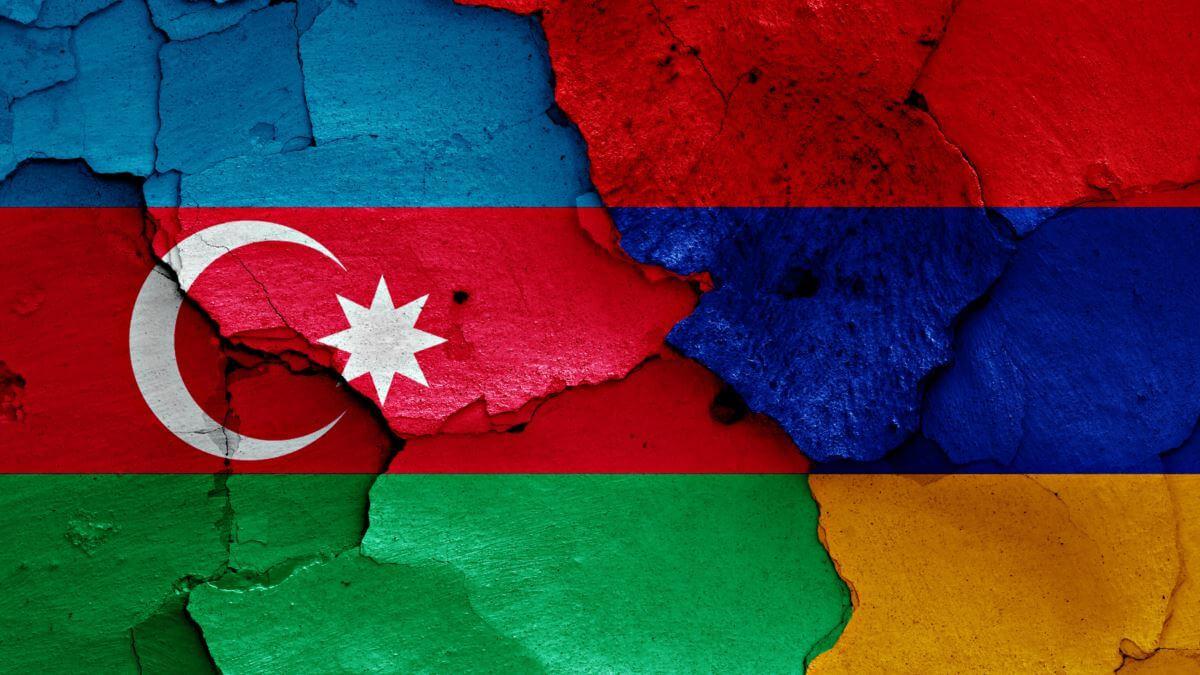
- Azerbaijan managed to break the long-standing status quo around Karabakh, which Armenia has been clinging to, and the Armenians cannot accept this reality.
- Yes. It is clear that the former status quo no longer exists. But it's also clear that Armenia won't accept this change, and there are enough people in Azerbaijan who think that this change is not enough and that it's impossible to stop there. So, I'm afraid there will be dissatisfied people on both sides again.
- You say the normalization of Armenian-Azerbaijani relations is possible only after the rebirth of "USSR-2.0". Are you sure Russia will manage to gather the former Soviet republics under one umbrella? As we have seen during the last two months, this task is not easy...
- Are you referring to the special operation in Ukraine?
- Among other things.
- The Russian Federation has not yet proclaimed such a goal. But I am absolutely sure that the goals that have already been proclaimed. The goals of this special operation, are guaranteed to be impossible to achieve without the elimination of the state independence of Ukraine. Consequently, the logic of events will sooner or later lead to this reunification. Accordingly, the process will proceed in the other republics as well. Of course, they have slightly fewer reasons for reunification, but still there are some.
As for opportunities, this is not the first time Russia (the Russian Empire, the USSR) has collapsed, but we have a very long experience of reunification.
- Will the process of so-called reunification in other republics be carried out by the same method of "special operations" on the model of the Ukrainian one?
- No, I don't think so. The special operation is a disastrous case because, oddly enough, it is generated by the fact that major part of Ukrainian citizens are Russians and it is possible to keep them from reuniting with the rest of the Russians only by force. The situation in other republics is different, and the use of force for secession was not required and therefore will not be required for reunification. This is my brief summary. Actually, there are dozens of my publications devoted to this topic.
- Yes, I am aware that several years ago you stated that you were in favour of Russia's annexation of Ukraine.
- Not annexation, but reunification.
- What is the difference?
- The difference is that reunification is a natural process.
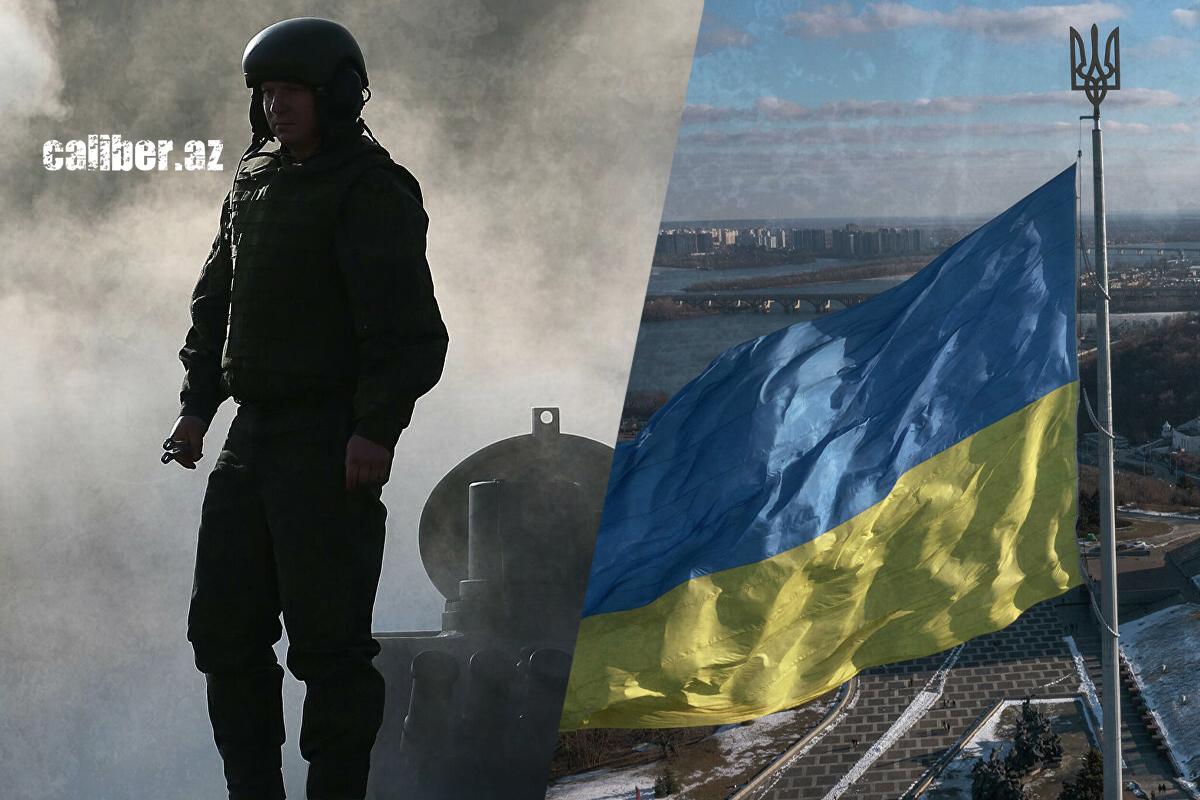
- Are we now witnessing a reunification?
- No. Events show that when the militants of the terrorist group "Ukraine" are kicked out of someplace, the locals joyfully reunite and in every way they can to join a unified, peaceful life.
- I don't agree with you. But generally speaking, war is a human loss, violence and humanitarian disaster with all that it entails...
- The major part of civilian casualties are victims of the actions of this terrorist group "Ukraine". It has been documented that they are firing at their own people, those who are officially considered part of the Ukrainian state and the Ukrainian people.
- Are you saying that these groups are scattered all over Ukraine?
- No. Most of the forces of the terrorist group "Ukraine" are concentrated in the east. They constantly conduct terrorist actions against the "people's republics" (our quotation marks - Ed.) of Donbass, and when they started to be driven out of there, they continued this terror even in the territories that are still occupied by them.
- In Russia, they say they are "denazifying" Ukraine. Why then the so-called denazification process does not extend to Armenia, where a monument to Garegin Nzhdeh, a henchman of the fascists, is erected in the centre of Yerevan?
- Well, firstly, Armenia, unlike Ukraine, does not carry out terror against its own population. Secondly, the Russian Federation doesn't have enough power to put everything in order at once. We have to move gradually.
- Well, we'll have to wait. Maybe one day it will come to Armenia too. Otherwise, it turns out to be a kind of social injustice.
- I'm afraid that when it comes to Armenia, Azerbaijan will also be looked at carefully. I'm not saying that it will cause any consequences, but the course of events in both Armenia and Azerbaijan will be considered on the basis of the same criteria. I do not know what kind of criteria. But they will be.
- You hint that in the future, Baku may face the issue of joining the Russian integration structures?
- Yes. And this is not excluded. I can guarantee you that you will join it to protect your own interests.
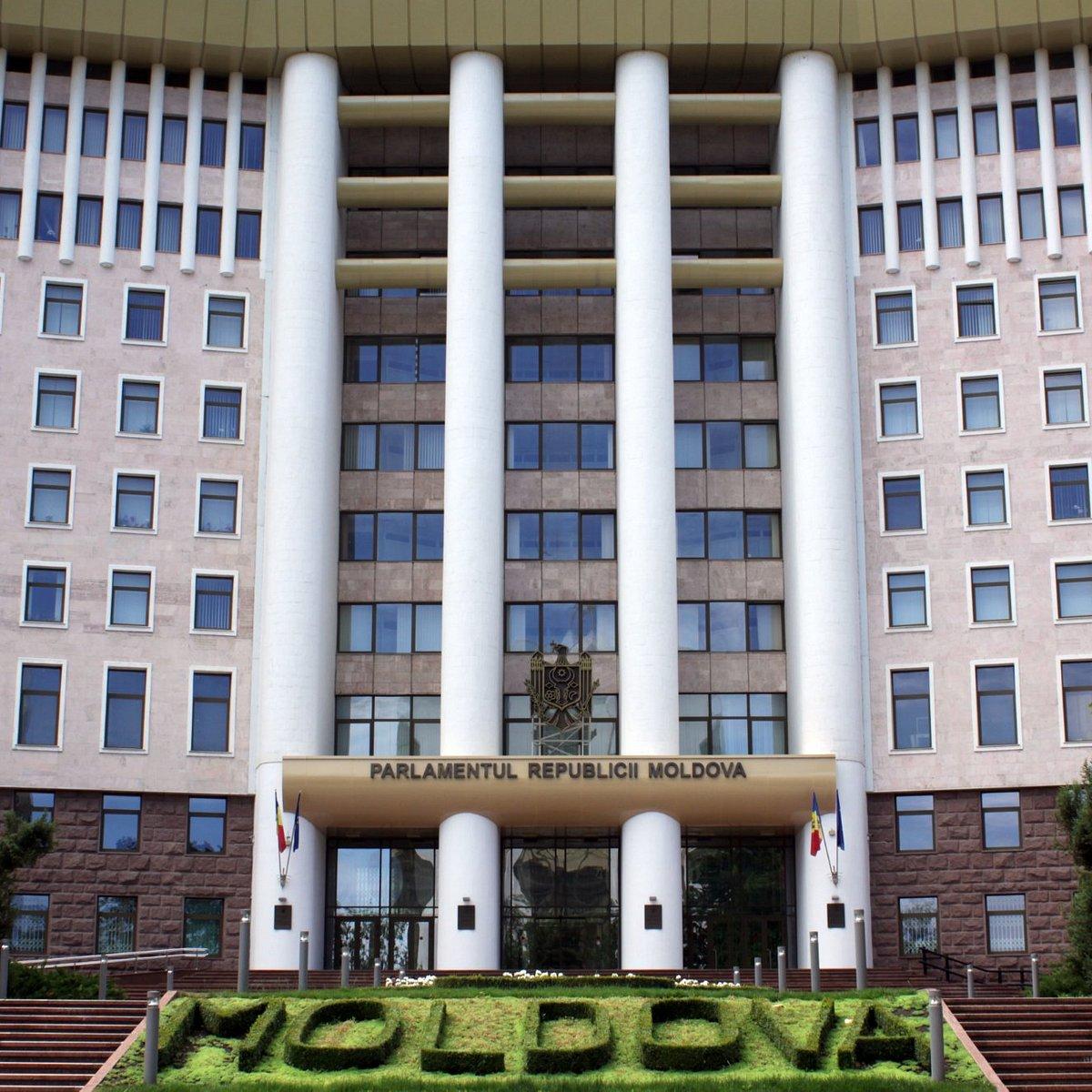
- Your forecast sounds threatening. Is it left to assume that after Ukraine, the next stage of the military operation will be Moldova?
- At least, I hope so.
- Does Russia still need the military base in Gyumri?
- As long as Armenia is considered to be an independent state, this base will remain there. And after reunification, the armed forces of the united country will be deployed based on other considerations. I don't know what kind of considerations will be there.
- Are you still a staunch supporter of Marxism-Stalinism?
- Yes. Because I went through the whole range of political teachings and eventually became convinced that Marxism is workable, whereas most of the other teachings I tried to use to analyze political and economic events did not work.
Marxism is precisely the method of research. Actually, our country's main problems arose because it was tried to be seen as a collection of ready-made solutions. But it is precise as a method of research that it works.
As for Stalinism, the publication of documents declassified in the post-Soviet period and analysis of these documents showed that the tales of Nikita (Khrushchev - Ed.) have nothing in common with reality, except for the names of actors. The real picture of events of this period, which we commonly call Stalinist, has practically nothing in common with what was told about this period, even under Khrushchev or Gorbachev. That is, their stories are not even a mirror image of reality, but simply a complete fantasy. When I began to study the real picture of events, I soon became convinced that Joseph Vissarionovich himself was choosing the best solutions that were possible, based on information and resources available to him at the time. Therefore, the further I go, the more I appreciate him, because I am convinced that he worked in a way I would never have dreamed of.
- Are you nostalgic for the days of the "carrots and sticks" policy?
- I may surprise you, but politicians never have any other means of modus operandi than the "carrots and sticks".
- How do you see the future of Russia?
- First of all, within the borders of the USSR in the 50s and 60s. Second, with the same political weight of those years.
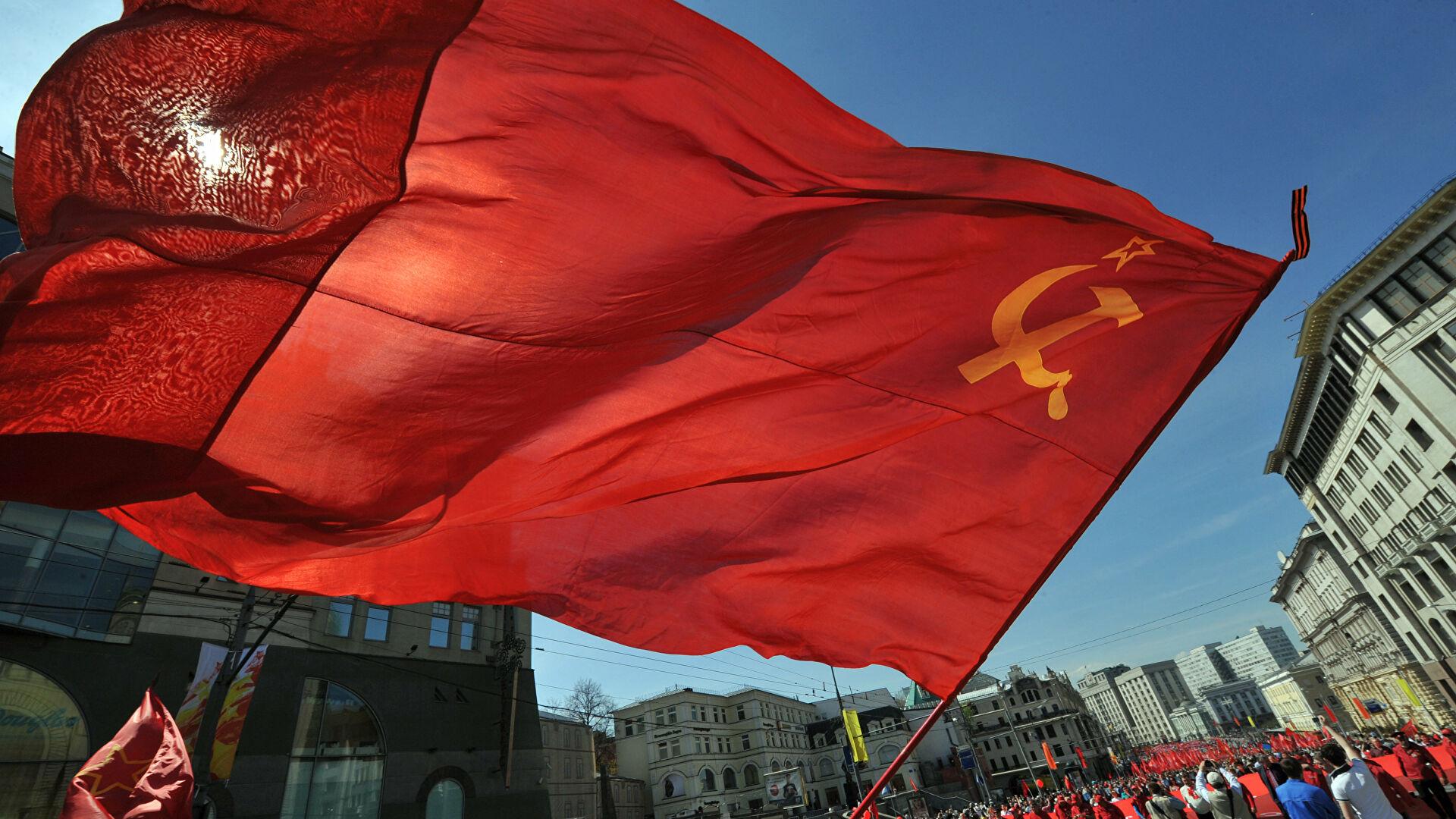
- Do you think it is possible to turn back history?
- I think it is necessary. And necessity sooner or later finds an opportunity.
- First, it would be necessary to end the war in Ukraine. How and when can this happen?
- It will end with the liquidation of Ukrainian statehood simply because, as I told you before, there is no other way to "demilitarize" and "denazify" Ukraine. I don't know when it will happen. Right now, for example, a lot of weapons and ammunition are being sent to Ukraine from NATO countries and it all has to be milled somehow, to put it crudely. But here are several possible solutions, but it is not yet known which one of them might work. So, this is a long and complicated process.
- There are many different opinions on this. Could you tell me, did Russia start the war in Ukraine because of the confrontation with the West?
- I don't think so. I know that the West is at war with us, and Ukraine is its tool. There are no other suitable instruments.
- I see. You're originally from Odessa, aren't you?
- Right, I was born in Odessa. Ukraine occupied Odessa a century ago, and I haven't forgiven that occupation.
- But you stayed there. And you even ran for the Verkhovna Rada.
- I ran for the Supreme Council of Ukraine in 1994.
- So you had no plans to leave Ukraine or apply for Russian citizenship?
- At that time, I was running under the slogan of Ukraine's reunification with the rest of Russia. That is, if my plans had come true, I would have ended up in Russia anyway.
- Being a Jew, you consider yourself a Russian of Jewish descent. Why is that?
- That's true. Because apart from my origins there is nothing Jewish about me. All of my even purely domestic habits are Russian. All my knowledge is Russian and so on.
- Do you consider Russia an unsafe country?
- It depends on what you compare it with. If, say, with some Liechtenstein, then it is, perhaps, dangerous. If you compare it to the U.S., then it's perfectly safe.
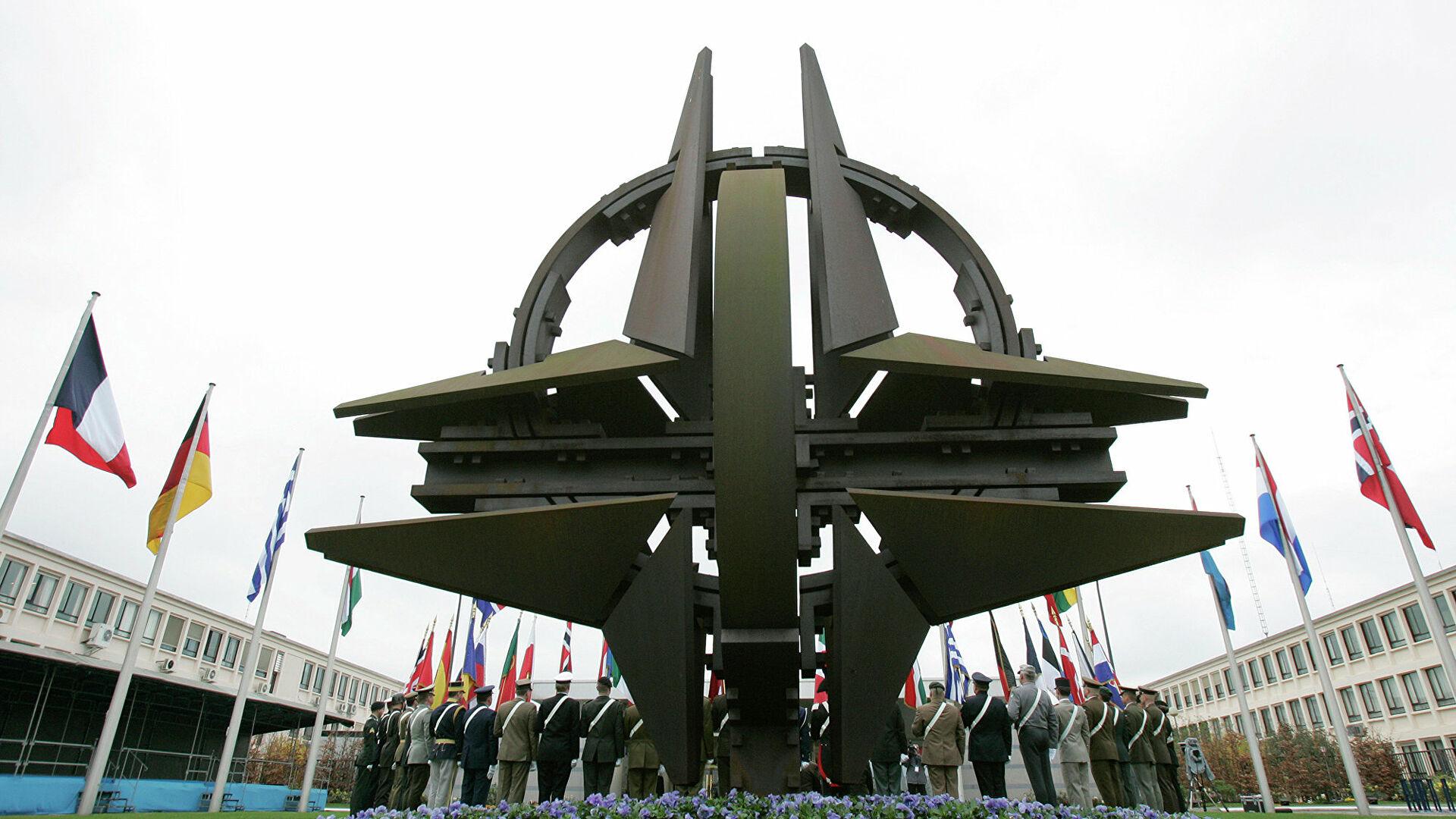
- How serious are the risks to Russia from NATO's eastward expansion and the likely entry of Finland and Sweden into the North Atlantic Alliance?
- These are indeed real risks for Russia. And it's not just about the fact that more weapons will be brought, but that the border itself will have to be reinforced. Roughly speaking, to make sure that less of the trash leaks across it.
- How to avoid World War III?
- World War III already ended in 1991, and, unfortunately, in our defeat. Now we are in World War IV, largely an economic war, and I think we have a good chance of winning it.
- Moving together with China?
- No. There will be no alliance with China. It's not something we want to do, per se. But for many reasons, we are now creating a single market that includes India, China, and Russia. This is quite a complicated task, but it is solvable. We are talking about the whole of Russia, not just the Russian Federation.
- Let's conclude on a positive note. You lose in intellectual games from time to time. What do you usually feel when you lose?
- You know, I lose often enough, and get used to it. Unfortunately, you see, I play mind games not only on TV, but also non-TV regular intellectual games, and I can assure you that I have a very solid experience of losing. I get used to it and take it calmly.
Caliber.Az
|
1
|
Erdogan hurries Yerevan: Time is running out Expert opinions on Caliber.Az
27 April 2024 - 13:58
|
|
2
|
Azerbaijan's energy offer signals path to normalization with Armenia Amid geopolitical shifts
26 April 2024 - 17:24
|
|
3
|
ATACMS for Ukraine Winning the war against Russia
27 April 2024 - 09:45
|
|
4
|
Azerbaijan's response to European Parliament resolution A geopolitical analysis
27 April 2024 - 11:11
|
|
5
|
Unraveling concerns of France, Greece in South Caucasus A threat to stability in the region
26 April 2024 - 13:17
|
Germany grapples with wave of spying threats from Russia and China
29 April 2024 - 00:04
Russia launches first-of-its-kind helicopter pilot training ship
28 April 2024 - 22:00
Gold watch worn by richest passenger aboard Titanic sells for record-breaking $1.5 million
28 April 2024 - 20:03
Is Macron's vision for European defence feasible?"
Swedish and German experts weigh in28 April 2024 - 19:52
Armenian envoy to EU complains of undermining Russia's interests in the Caucasus
28 April 2024 - 18:02
Azerbaijani minister, WEF managing director discuss potential partnerships within COP29
28 April 2024 - 17:46
Gaza death toll rises to 34,454
28 April 2024 - 17:31
UK promises billions more for defence to counter threats from "axis of authoritarian states"
28 April 2024 - 17:12
Azerbaijani minister meets with colleagues in Turin
28 April 2024 - 17:01
Israelis gather nationwide, urging government action for Gaza hostage return
28 April 2024 - 16:53
Iran plans to launch 5-7 satellites in current Iranian year
28 April 2024 - 16:36
Australians call for tougher laws on violence against women after killings
28 April 2024 - 16:17
Palestinian president says only US can halt Israel's attack on Rafah, expected in days
28 April 2024 - 15:58
Germany opposes confiscation of frozen Russian assets
28 April 2024 - 15:41
Türkiye, Greece to build new bridge
28 April 2024 - 15:23
Nearly 20 drones attacked Russian regions
28 April 2024 - 15:04
Russia destroys 17 drones launched by Ukraine - MoD
28 April 2024 - 14:45
Kazakhstan denies sale of military airplanes to Ukraine
28 April 2024 - 14:26
Azerbaijani economy minister, Saudi Aramco president discuss joint activities in energy sector
PHOTO28 April 2024 - 14:07
Armenia strengthening sovereignty by normalising ties with Azerbaijan
Analytics by Serhey Bohdan28 April 2024 - 13:48
Azerbaijan's Lachin, Ukraine's Irpin to become twin cities
28 April 2024 - 13:32
Germany resumes investigation into Nord Stream incident
28 April 2024 - 13:15
Stockholm: Woman burns Quran under police watch
VIDEO28 April 2024 - 12:59
Azerbaijani economy minister to take part in World Economic Forum in Saudi Arabia
28 April 2024 - 12:51
US Secretary of State to meet with regional partners in Saudi Arabia next week
28 April 2024 - 12:42
Kyiv requests more than 800 Vector drones from Berlin
28 April 2024 - 12:23
Britain to deploy homegrown hypersonic missile by 2030
28 April 2024 - 12:04
Armenia to submit its proposals on Ani Bridge to Türkiye
28 April 2024 - 11:45
Azerbaijani police discover Armenians-left weapons in Zangilan
28 April 2024 - 11:27
Azerbaijan’s strategy, Ukraine’s game, White House’s bonuses
Caliber.Az weekly review28 April 2024 - 11:08
Iran and the atomic bomb: real or imaginary threat?
Expert insights28 April 2024 - 10:57
Tornado kills at least 5, injures 33, in Chinese metropolis as region battles deadly floods
28 April 2024 - 10:49
German Chancellor: No Taurus long-range missiles for Ukraine
28 April 2024 - 10:28
Israel open to discussing "sustainable calm" in Gaza after initial hostage release
28 April 2024 - 10:12
Saudi Fund For Development, Azerbaijan cooperate in transport sector
28 April 2024 - 09:54
University of Arizona police detain 69 for unauthorized protest camp in support of Palestine
28 April 2024 - 09:39
Grader explodes on anti-tank mine in Aghdam
Driver injured28 April 2024 - 09:21
UK's challenger 3 tank fires without crew
A leap in military tech28 April 2024 - 09:05
Burkina Faso soldiers massacre 223 civilians in one day, finds rights group
28 April 2024 - 06:59
UK forces may be deployed on the ground in Gaza to help deliver aid
28 April 2024 - 04:35
